National Museum Day Webinar – Reflecting on MEWCO Vision 2040
25 May 2021
To commemorate National Museum Day, MEWCO (Metro and West Coast) museums held a webinar to reflect on their Vision 2040 strategy and to showcase how some of the MEWCO museums are innovating and adapting to a changing world. The webinar followed the theme for International Museum Day 2021, “The Future of Museums: Recover and Recreate”, which is all about how museums and cultural spaces can reimagine and redefine themselves by co-creating and implementing new, innovative practices that address today’s challenges. In line with this, the webinar programme focused on digital transformation, the social relevance and sustainability of museums, and how museums are addressing issues related to the environment and financial sustainability.
Following an introduction by Michael Janse van Rensburg, Head of Museum Services at the Department of Cultural Affairs and Sports (DCAS), the MEWCO Regional Manager, Helene Vollgraaff, spoke about MEWCO’s Vision 2040, which reflects the latest global thinking on the role of museums with its emphasis on the need for museums to foster inclusion, critical thinking, dialogue, co-curatorship and improved access.
Wendy Christian Kambarami, Cape Medical Museum Management Committee member, facilitated the first topic on the webinar programme – digital transformation. The presentations discussed some of the latest online and digitisation projects being undertaken by the Simon’s Town Museum (an oral history project using social media), the Cape Town Museum (a digital platform currently in development) and the Sendingsgestig Museum (the digitisation of collections).
Part 2 of the webinar was facilitated by Regina Isaacs, a member of the Simon’s Town Museum Board of Trustees. Presentations by the Lwandle Migrant Labour Museum and Jan Danckaert Museum explained how they ensure that their museums are relevant and accessible by focusing on the needs of the communities they are located in.
Amanda Lomberg, Cape Town Museum Management Committee member, facilitated Part 3 of the webinar, which looked at how the South African Fisheries Museum in Velddrif have developed fynbos gardens to promote knowledge about local plants and to encourage engagement around sustainability issues. The Simonstown Museum described how it is reconceptualising its mainly social-historical exhibitions to incorporates the rich and unique environmental heritage of the area.
Part 4 of the webinar looked at what new business models MEWCO museums are exploring to remain financially sustainable in these challenging times. The Hout Bay Museum spoke of their partnership with the Denis Goldberg House of Hope. The Wheat Museum in Moorreesburg and the SA Fisheries Museum talked about how a wide range of partnerships – including with business, tourism, community organisations and the media – have helped them survive and thrive.
What emerged throughout the webinar and its discussions is that despite partnerships, funding into the future remains a challenge. In the context of South Africa, where the majority of the population is struggling to make ends meet, museums will need to rely on external support in order to continue to reimagine and reinvent themselves. There is definite scope to explore further funding strategies which could include those involving the private sector, monetising digital platforms with their ability to reach a wider more global audience, and increasing the fundraising capacity of museums.
